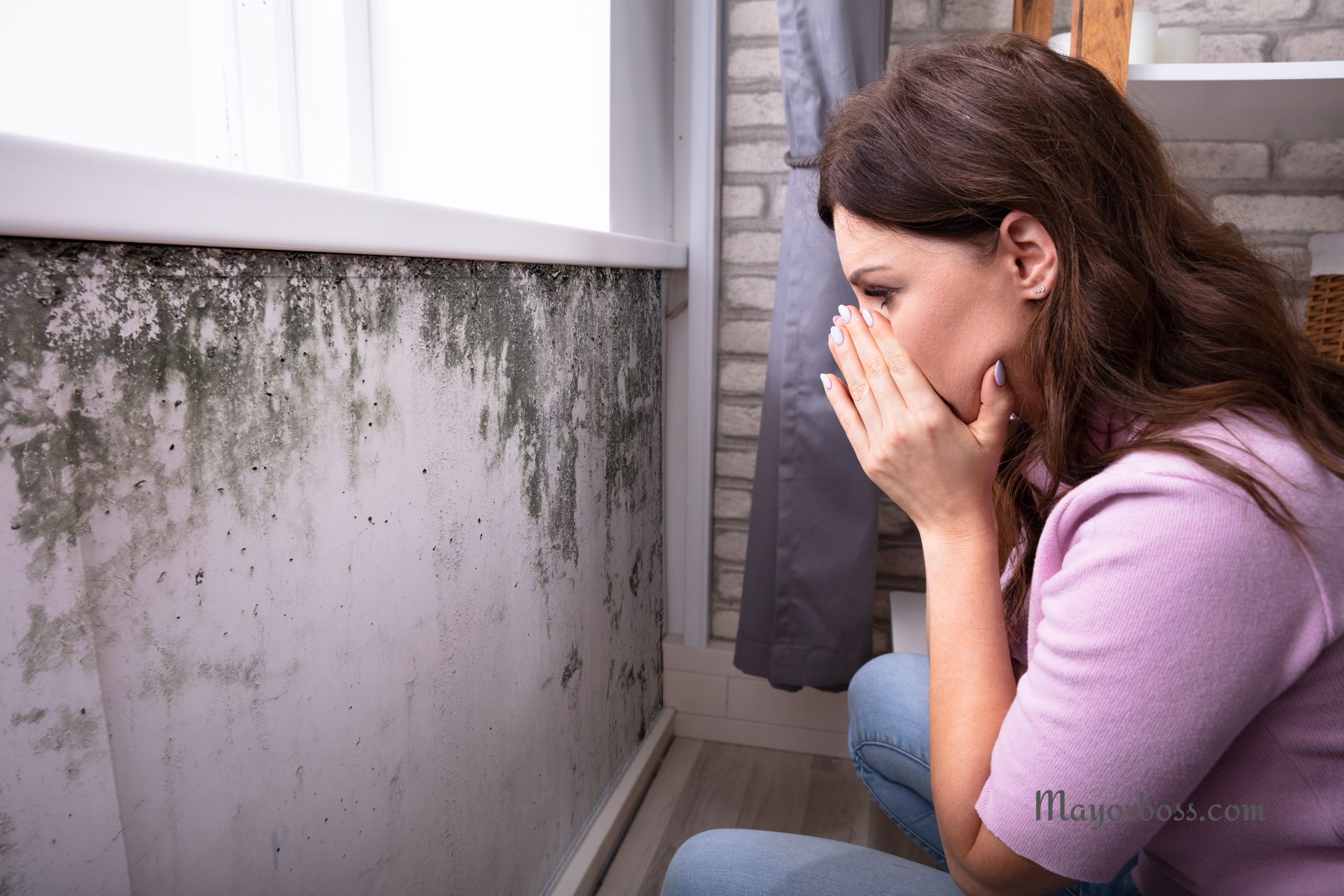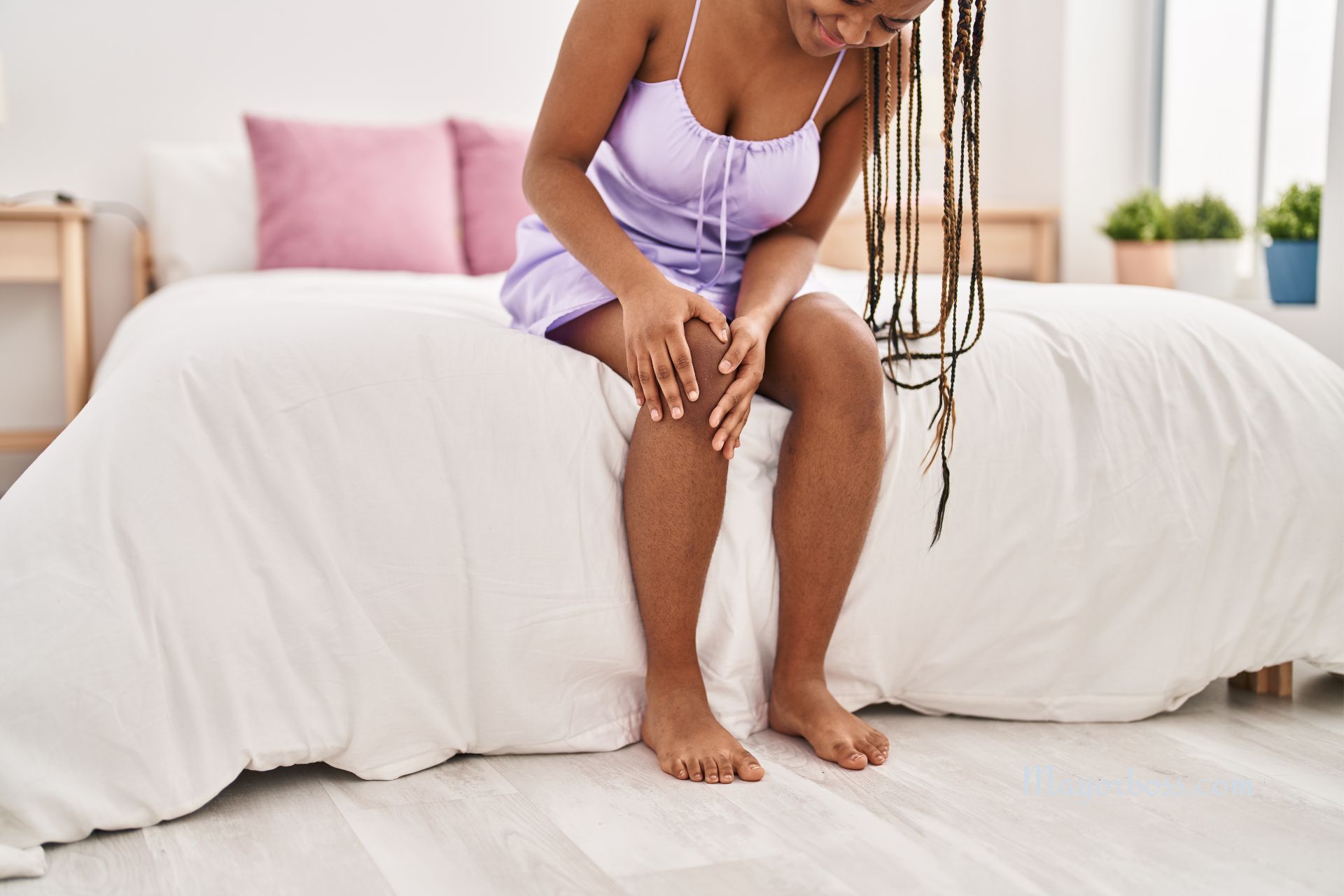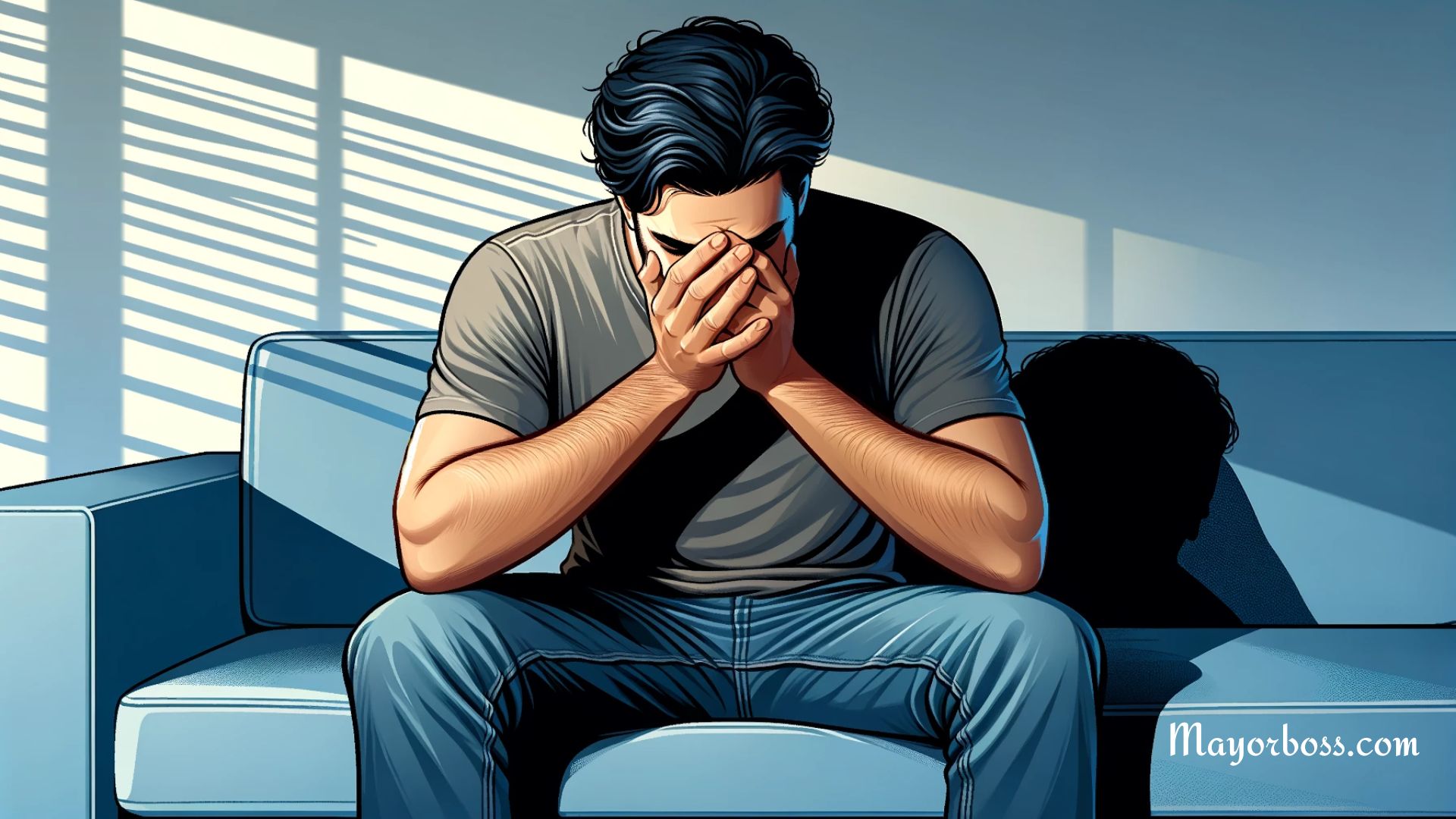Early Symptoms of Mold Toxicity That Most People Ignore

Mold can make you sick, and a lot of people don’t even realize it! Mold grows in damp places like basements, bathrooms, and around windows. Please continue reading to learn the early warning signs that mold might be making you feel bad so you can stay healthy.
Frequent Headaches
Mold can cause frequent headaches. If your head hurts often and you don’t know why, it could be because of mold in your home. Check places where mold might grow, like near leaks, in basements, or in damp corners of your home. Mold can make your head hurt even if you drink enough water and aren’t stressed.
Coughing or Difficulty Breathing
Mold can cause coughing and wheezing or make it hard to breathe. These problems might get worse when you’re at home. If you constantly feel like you have a cough or have trouble catching your breath, mold might be the reason.
Sinus Problems and Stuffy Nose
If you keep getting sinus infections or always have a stuffy nose, mold might be the reason. Mold spores can irritate your sinuses and cause inflammation, leading to these symptoms. Mold can make your nose feel blocked and cause sinus problems that don’t go away.
Persistent Allergy-Like Symptoms
Mold can make you sneeze, have watery eyes, or feel like your nose is always stuffed up. If these symptoms don’t go away and happen all the time, mold might be causing them.
Feeling Extremely Tired All the Time
If you feel extremely tired even after getting a good night’s sleep, it could be because of mold. Mold can make your body feel tired all the time. Even if you rest, you may still feel exhausted.
Upset Stomach
Mold can also make your stomach feel upset. You might feel nauseous or even have diarrhea. If your stomach feels bad for no reason, mold could be the problem.
Difficulty Thinking Clearly or Remembering Things
Mold can make it hard to think clearly or remember things. You might feel like you can’t focus, or you’re always confused.
Body Aches and Joint Pain
Mold can make your muscles and joints hurt. If you feel achy all over for no clear reason, mold might be the cause. If the pain persists, consider consulting a doctor. Mold can make your body feel sore, even if you haven’t been doing anything physical.
Mood Changes Like Feeling Sad or Anxious
Mold can affect your mood too. It can make you feel sad, worried, or angry. It doesn’t just affect your body but can also change how you feel. If you notice sudden changes in your emotions, mold could be the cause.
Skin Problems Like Itchy Rashes
Sometimes, mold can make your skin feel itchy or cause rashes. You can get red, bumpy spots on your skin even if you don’t touch mold directly. Mold in the air can cause your skin to react.
Sensitive Eyes and Blurry Vision
Mold can also make your eyes sensitive to light. You might have blurry vision or feel like the light is too bright. If your eyes are watery or sensitive, mold could be the reason.
What to Do If You Think Mold Is Making You Sick
If you have these symptoms, you should check your home. Look for mold in damp places like basements or bathrooms. If you’re not sure, call a mold inspector to help you find mold.
Also, talk to your doctor. They can help you figure out if mold is making you feel sick. Your doctor might do some tests and give you advice on how to feel better.
How to Stop Mold from Growing
If you find mold, you need to get rid of it and stop it from coming back. Here are some ways to keep your home mold-free:
- Keep Things Dry: Mold grows in damp places. Fix leaks and use fans to keep areas like bathrooms dry.
- Clean Regularly: Clean your home often, especially where mold might grow, like bathrooms and kitchens.
- Use Mold-Resistant Products: When building or fixing your home, use special paint or materials that make it harder for mold to grow.
The Bottom Line
Mold can make you sick, and a lot of people don’t realize it. If you have symptoms like feeling extremely tired, headaches, skin rashes, or trouble breathing, mold might be the reason. Check your home and talk to your doctor if you think mold is making you sick. It’s important to act quickly so you can stay healthy and feel better.






